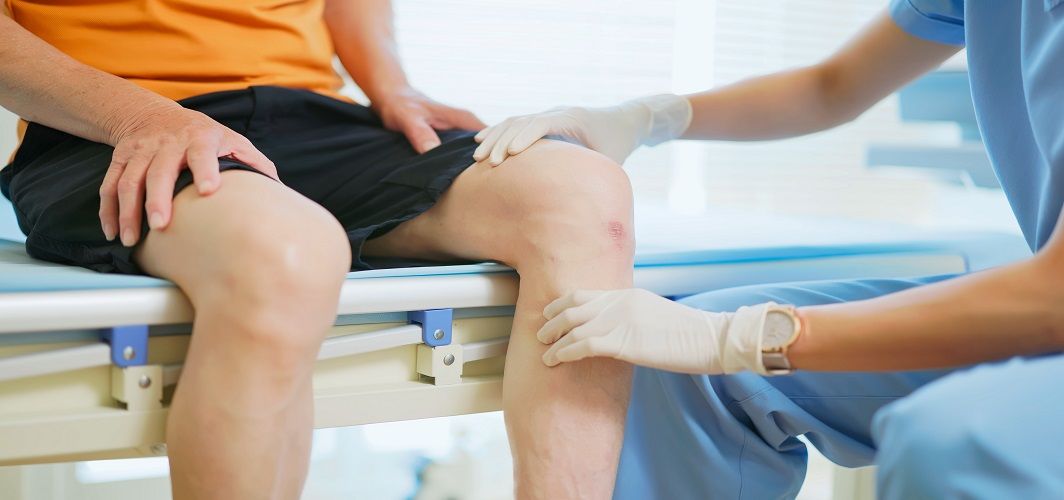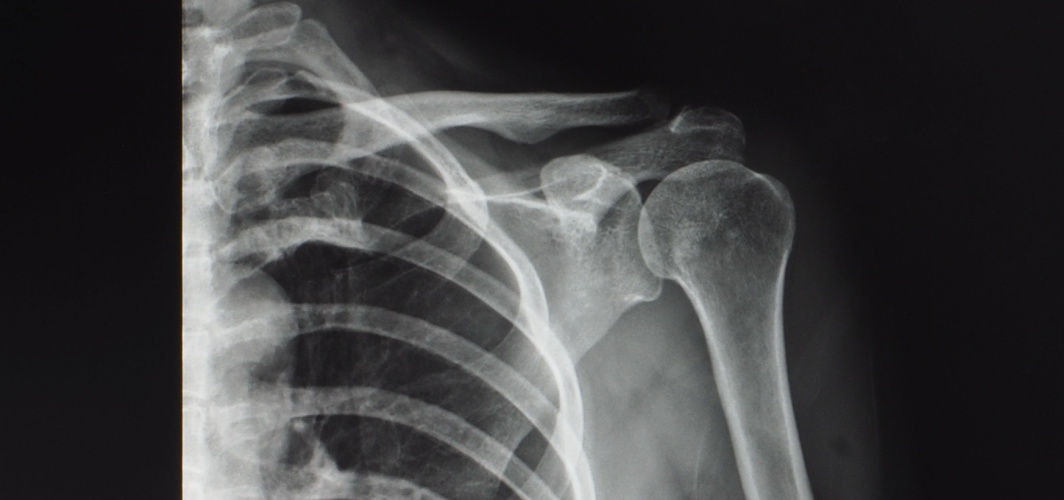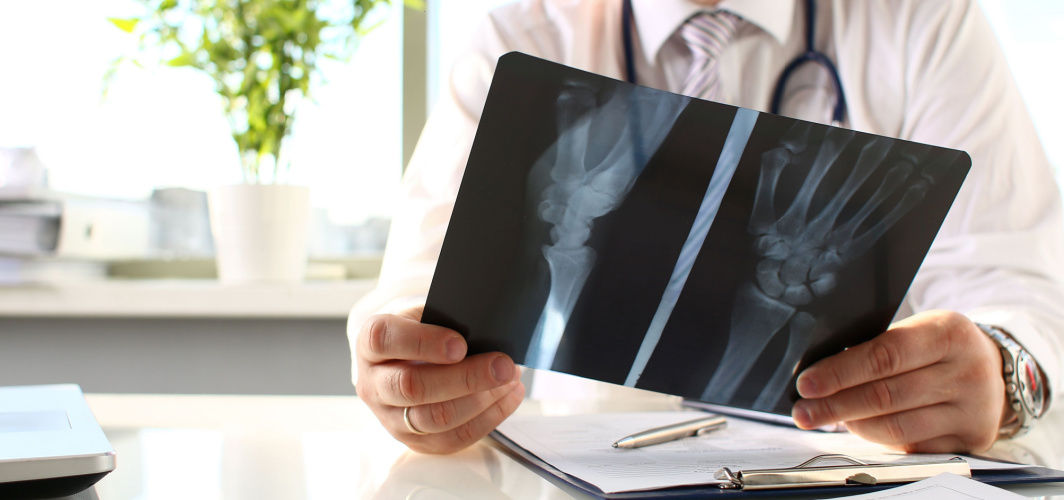Orthopedic Conditions
5 Facts About Scoliosis Every Parent Should Know
4 min read
By Apollo 24|7, Published on - 29 October 2022
Share this article
0
0 like

Is your child’s back bending side wards and showing symptoms of scoliosis? Read on as we discuss the diagnosis and treatment of this widespread condition that impacts about 39% of children every year in India. Here are five important facts about scoliosis that every parent must know.
1. Children can Experience Two Types of Scoliosis
Two kinds of scoliosis can impact children – congenital and adolescent idiopathic scoliosis.
Congenital scoliosis is an uncommon condition in which the child experiences a curved spine right from birth. Fortunately, the frequency of congenital scoliosis is low, impacting one in about 10,000 new-borns.
It can be caused due to several reasons, like the incomplete formation of the vertebrae or the development of compensatory curves in the child’s spine to ensure an upright position.
On the other hand, adolescent idiopathic scoliosis occurs during a child’s formative years. This condition may present itself either during late childhood or early adolescence. Usually, this type of scoliosis occurs due to growth imbalance and results in a slight but visible spinal curvature.
2. Early Diagnosis is Vital
Early detection of scoliosis in children is vital for two reasons. One is that it can help the doctor track the curvature of the spine and prevent it from worsening. Another vital reason for early diagnosis is, doctors can prescribe physical therapy or casts for young children if the scoliosis angle, or Cobb angle, is under 40 degrees.
Although mild cases of scoliosis may make it difficult for you to detect the condition immediately, you can look for related signs in your children to provide them with timely medical assistance. These signs are as follows:
- Asymmetrical shoulders
- Unusual sticking out of ribs in a specific area
- Differing distance between the arms and the body when in an upright position
- Uneven hips
- Bulging muscles on a particular side
3. Scoliosis is Completely Treatable
Usually, the treatment for scoliosis involves monitoring the growth of the spinal curvature regularly using X-rays. In most cases, the scoliosis is mild, and the curve straightens as the child grows.
While the monitoring treatment works for adolescents, doctors recommend a cast for babies and younger children. This cast acts like a brace to prevent curve progression and cannot be removed unless the doctor changes it. As the child grows, a spine specialist may recommend a back brace to control the progression better.
If none of these methods works in controlling the condition, doctors may suggest surgery.
Watch this video to know "There's a Cure For Childhood Scoliosis or Not" by Dr. Saurabh Rawall
4. Surgery is a Viable Option
Casts, braces and physical therapy are effective only when the Cobb angle of the curvature is under 40 degrees. Surgery remains the only option to deal with scoliosis when it exceeds the limit.
While you might be reluctant to let doctors operate on your child, keep in mind that technological advancements like neuromonitoring have improved scoliosis operations. The surgical process focuses on inserting a rod alongside the child’s spine to help inhibit curvature in the case of children. The rod is constantly changed to account for the child’s growth.
For adolescents, doctors use a process called spinal fusion, where they insert metal rods, hooks, screws, wires and bits of other broken bones to correct the spine. This surgery is advised when the patient has stopped growing and aims to restore the alignment of the spine.
5. Severe Scoliosis is Fatal
Most children start with mild scoliosis, a condition associated with minimal to no pain. Usually, it goes away after adolescence when the child stops growing.
However, some cases may evolve into severe scoliosis, which may impact brain function and lungs. If left untreated and undiagnosed, severe scoliosis may result in the rib cage being pressed against the lungs, leading to difficulty in breathing. It is also known to cause consistent back pain.
Final Thoughts
Children and adolescents impacted with scoliosis can go on to live long and complication-free lives as long as you can detect the warning signs early and seek immediate medical assistance. The spine can be free from curvature through a combination of physical therapy and structures like braces. Additionally, surgery is the best option when all other methods have been exhausted.
Consult a spine specialist immediately if you notice any symptoms that might indicate the onset of scoliosis in your child.
Medically Reviewed by Dr. Dhanunjay Reddy B
Orthopedic Conditions
Leave Comment
Recommended for you

Orthopedic Conditions
Delay Ageing of Your Knees with These Expert Tips by Apollo’s Orthopaedician
Pain in the knee is one of the most common orthopaedic issues experienced by people as they age. Know what causes the knees to age faster and result in pain.

Orthopedic Conditions
Shoulder Arthroscopy Surgery: Procedure and Recovery Time
Learn about the shoulder arthroscopy procedure, what to expect during and after surgery, and the estimated recovery time. Discover the latest advancements and factors that can contribute to a successful outcome.

Orthopedic Conditions
Importance of Bone Mineral Density Test
Learn about the importance of bone mineral density tests in assessing bone health and diagnosing conditions like osteoporosis. Get updated on the latest guidelines, technologies, and lifestyle factors for maintaining strong bones.
Subscribe
Sign up for our free Health Library Daily Newsletter
Get doctor-approved health tips, news, and more.
Visual Stories

10 Foods That Are Unhealthy for Your Bones
Tap to continue exploring
Recommended for you

Orthopedic Conditions
Delay Ageing of Your Knees with These Expert Tips by Apollo’s Orthopaedician
Pain in the knee is one of the most common orthopaedic issues experienced by people as they age. Know what causes the knees to age faster and result in pain.

Orthopedic Conditions
Shoulder Arthroscopy Surgery: Procedure and Recovery Time
Learn about the shoulder arthroscopy procedure, what to expect during and after surgery, and the estimated recovery time. Discover the latest advancements and factors that can contribute to a successful outcome.

Orthopedic Conditions
Importance of Bone Mineral Density Test
Learn about the importance of bone mineral density tests in assessing bone health and diagnosing conditions like osteoporosis. Get updated on the latest guidelines, technologies, and lifestyle factors for maintaining strong bones.